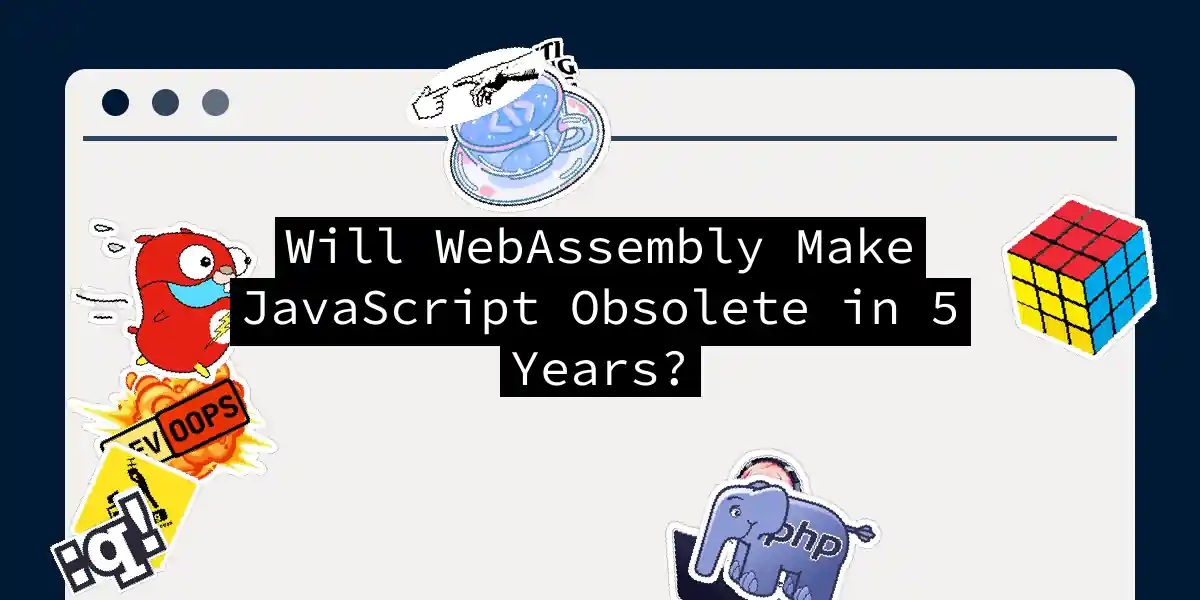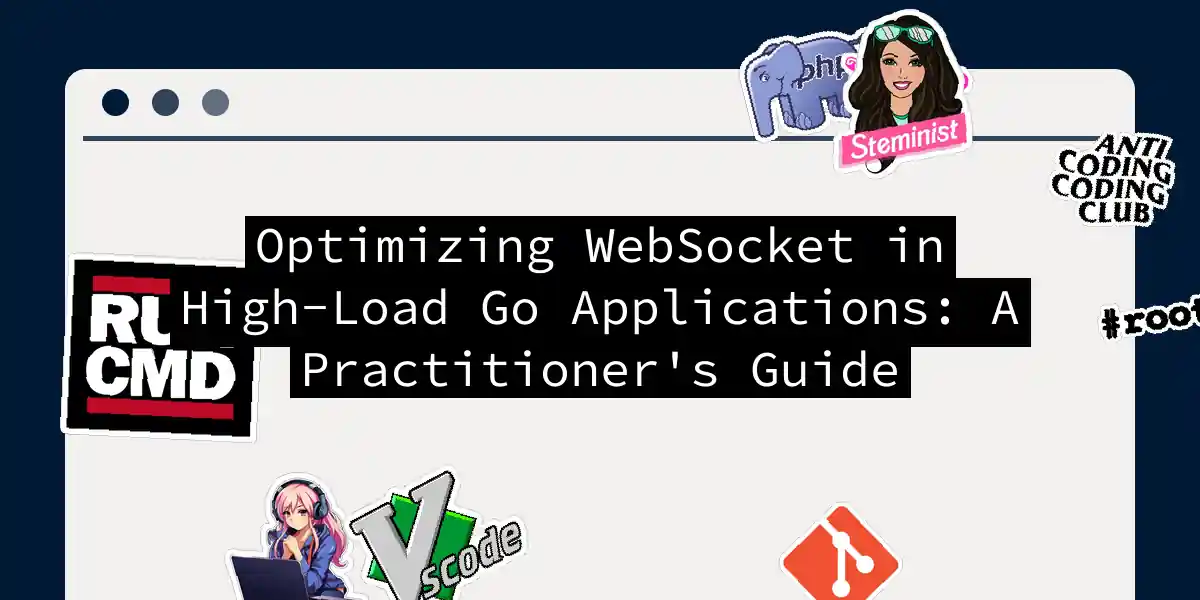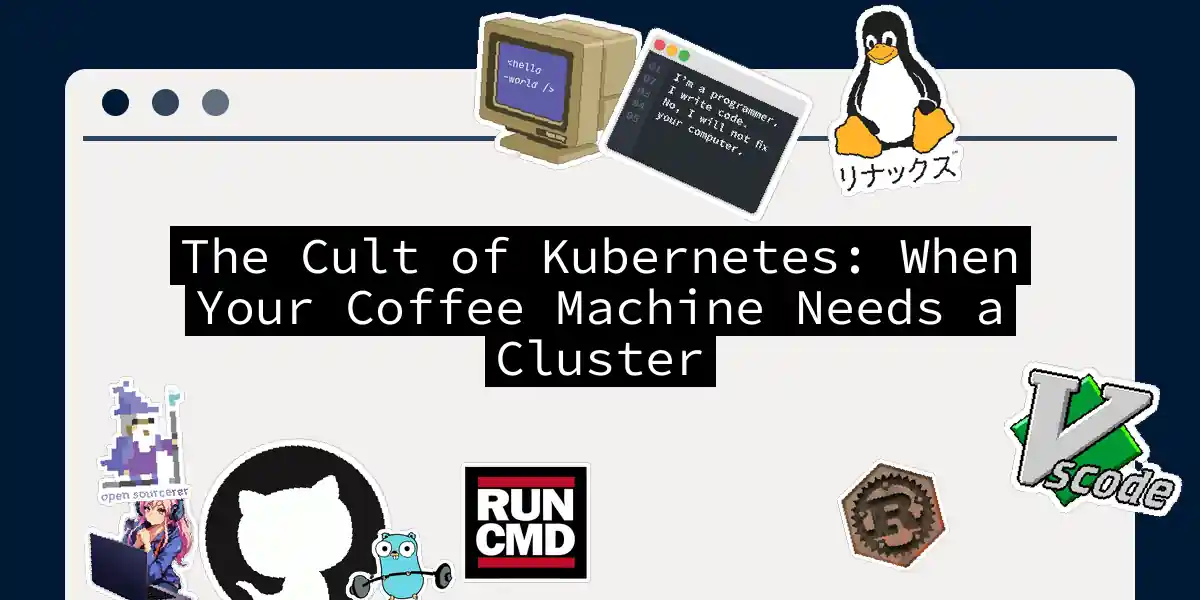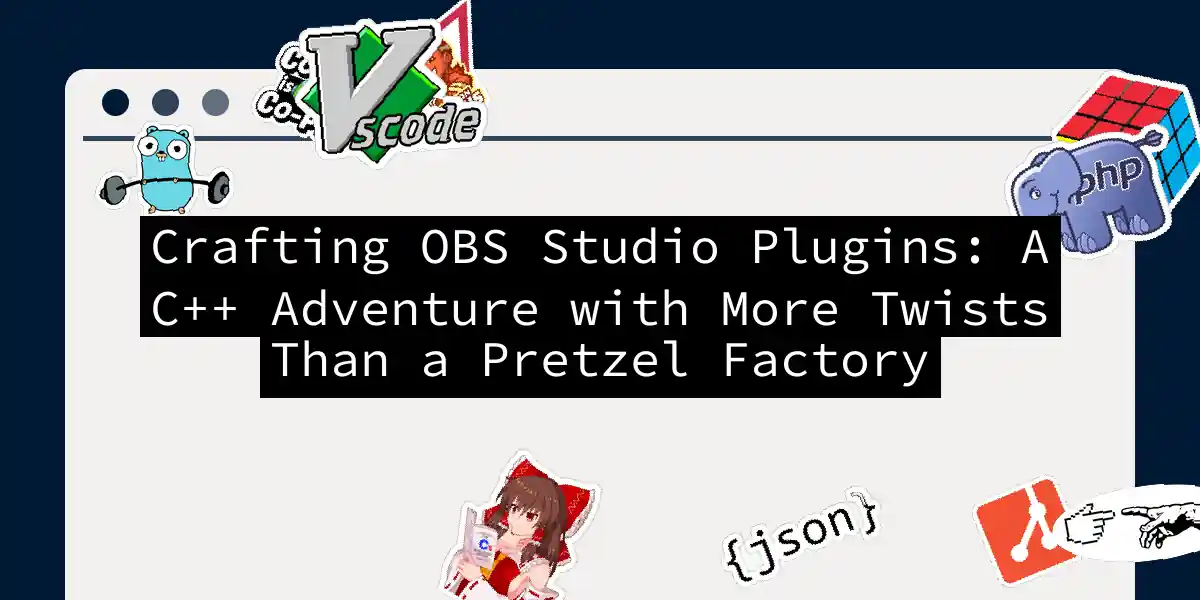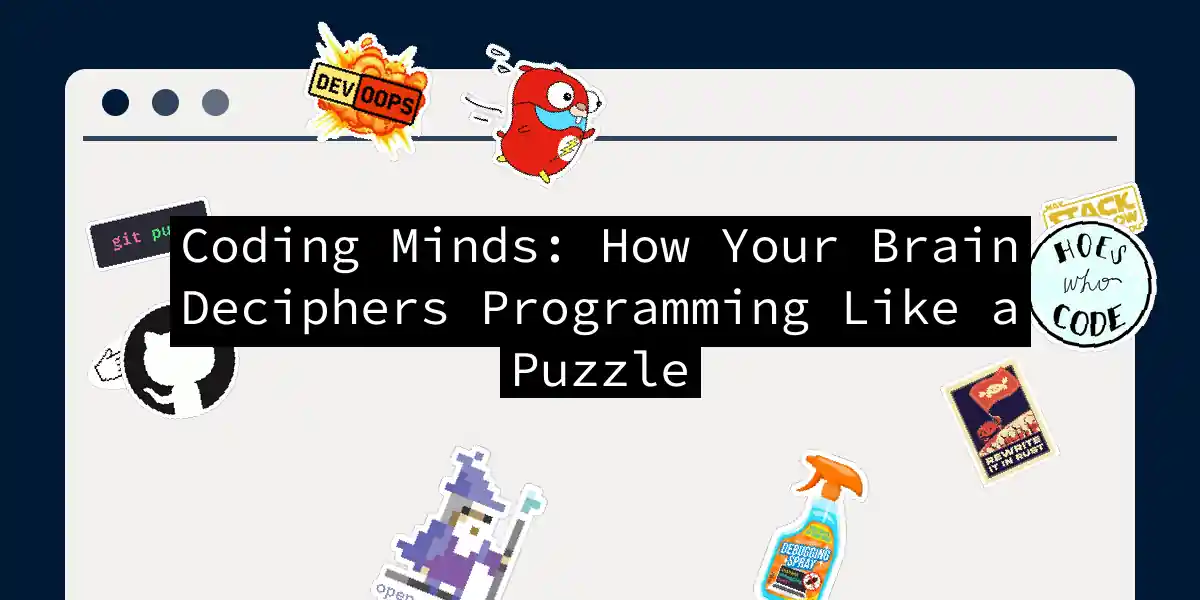
Coding Minds: How Your Brain Deciphers Programming Like a Puzzle
Ever wonder why debugging feels like hunting for a needle in a quantum haystack? Or why you finally grasp recursion at 2 AM while your brain screams “why now?!”? Programming isn’t just typing—it’s a cognitive obstacle course where your neurons juggle logic, frustration, and occasional triumph. Let’s dissect how your wetware processes code, with practical experiments you can try right now. Cognitive Mechanics of Code Processing Your brain tackles programming through three intertwined phases:...
